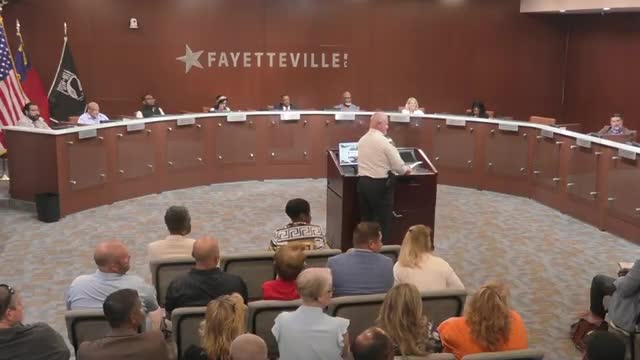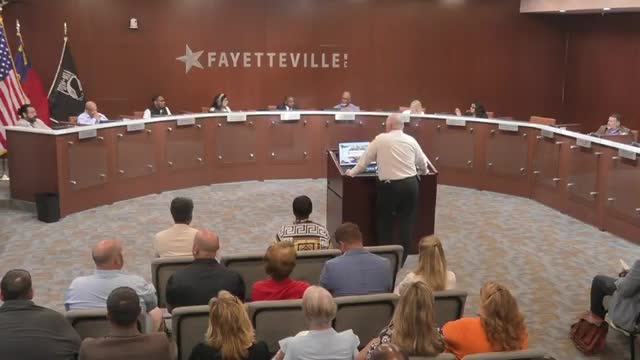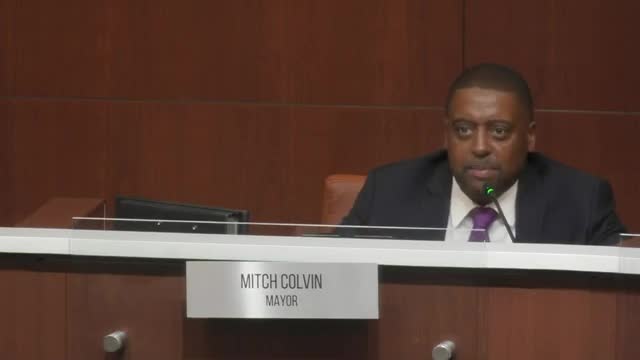Article not found
This article is no longer available. But don't worry—we've gathered other articles that discuss the same topic.

Council adopts youth-protection ordinance using Charlotte model, adopts local changes

Council agrees to supplement Crime Stoppers rewards for select high-profile cases

Council adopts clear-bag rule, narrow mask exception for city special events

